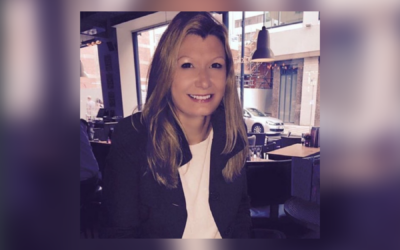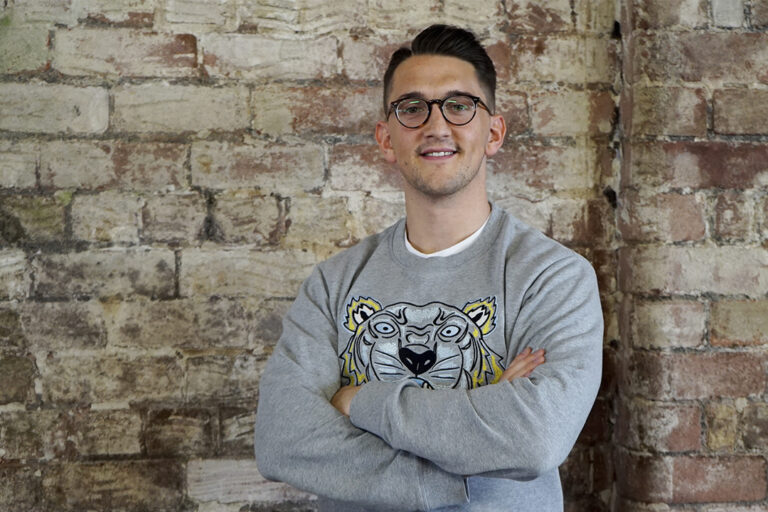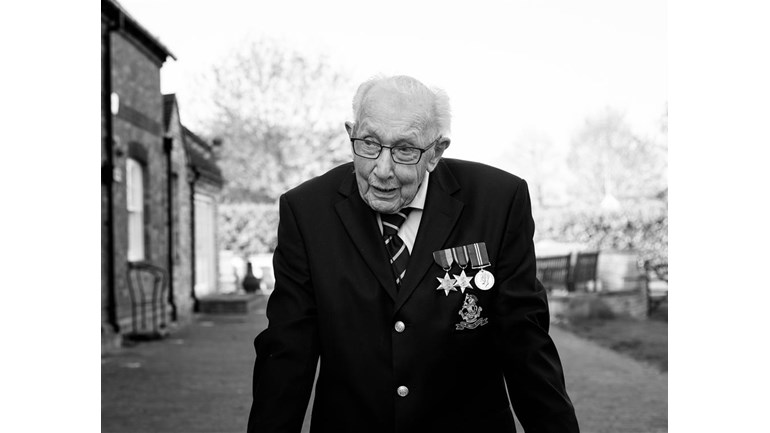We’re in the midst of a crisis that’s leaving people lonely, disconnected and worried about their future.
Andrew Trotman, MD of It’s Gone Viral, shows why social media means so much now, when people are divided and isolated, but looking for ways to help each other.
The world is facing a monumental challenge that none of would have conceived possible just a few short weeks ago. Times are scary and uncertain but one of the positives to come out of this so far have been people’s ability and willingness to come together and help each other.
We’re always told that we live busy, selfish and fragmented lives, but the way individuals and businesses have stepped up to help their communities has been nothing short of fantastic.
Social media has played a massive part in that. We’ve seen it before in other dire situations, but its ability to keep us all connected can’t, and shouldn’t be, underestimated. The lockdown has created a new time of forced isolation and the possibility of that becoming a strain on our mental health is real.
Our options to interact, mix and socialise have been taken away. No-one would argue with the reasoning, but that doesn’t stop it having a monumental impact.
Connecting the world
Having the ability to go online and see first-hand that you’re not alone and not in your own bubble of struggle is huge. It’s been inspirational to see the world connecting, sharing positive stories, tips and ways to get through this. That’s when social media comes into its own; when it truly connects, motivates and enhances our lives. It should be a force for good.
Of course, the inspirational efforts of Captain Tom Moore stand head and shoulder above everything else. At the time of writing, he has raised over £26 million (and secured a number one record!) which is nothing short of staggering. Social media has played a massive part in both helping to share his endeavours, and bringing the country together as we all supported him through every lap of his garden.
It is also allowing us all to share our respect and appreciation for the frontline workers in a direct and personal way. Having the ability to show our gratitude is fantastic and life-affirming – both for the general public and the people who we want to communicate with, including NHS staff, delivery drivers, supermarket workers and carers.












